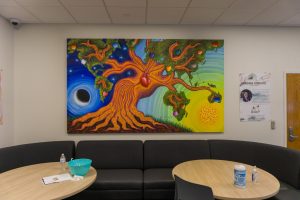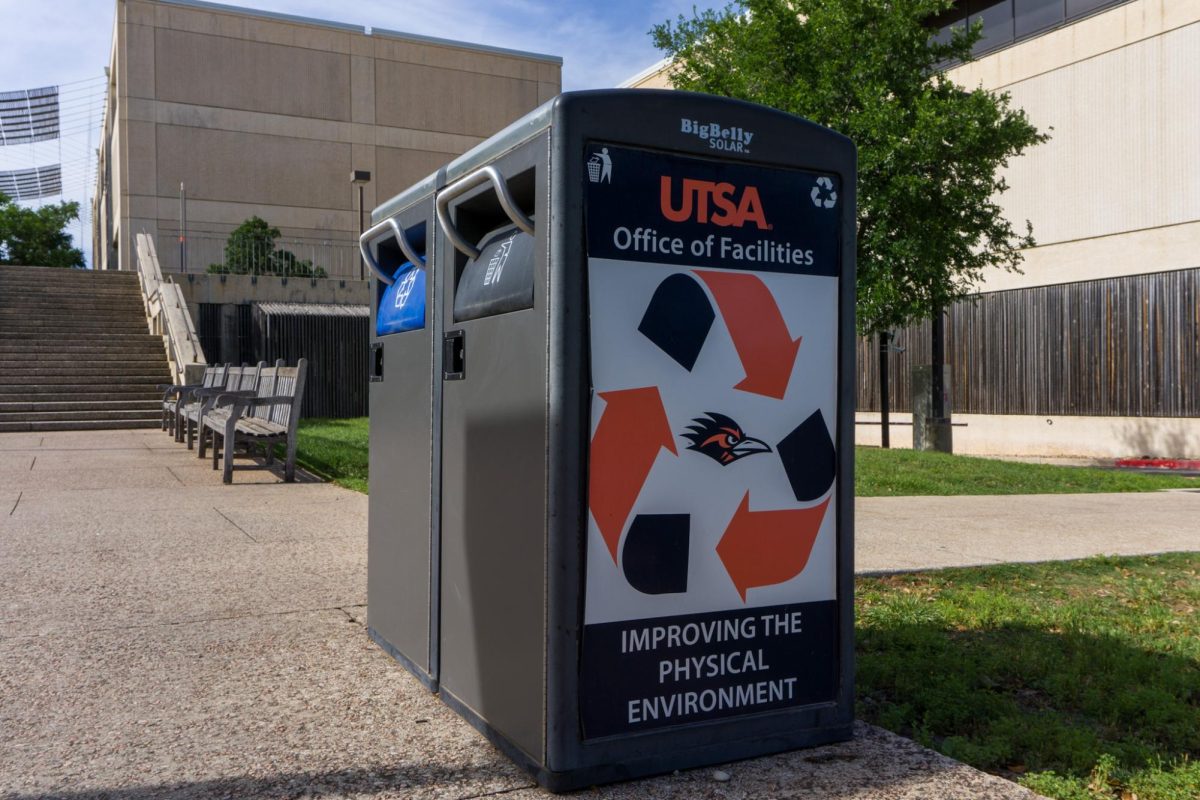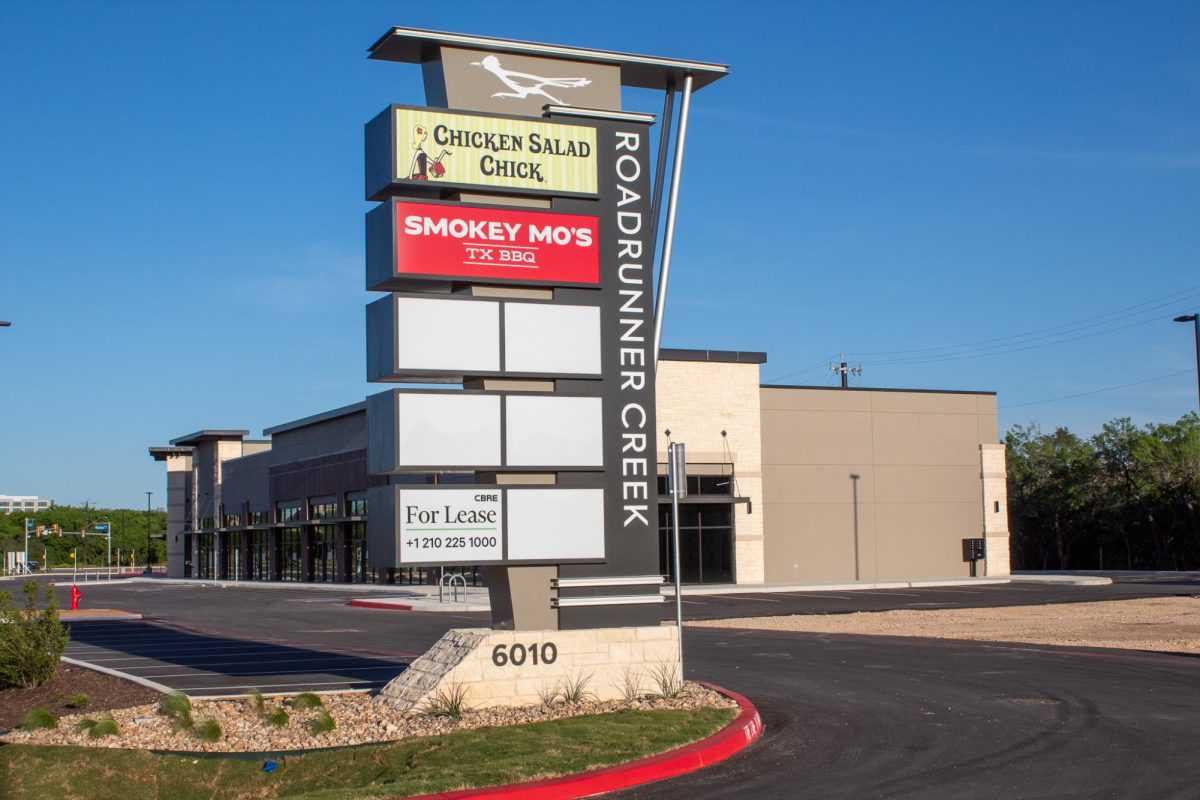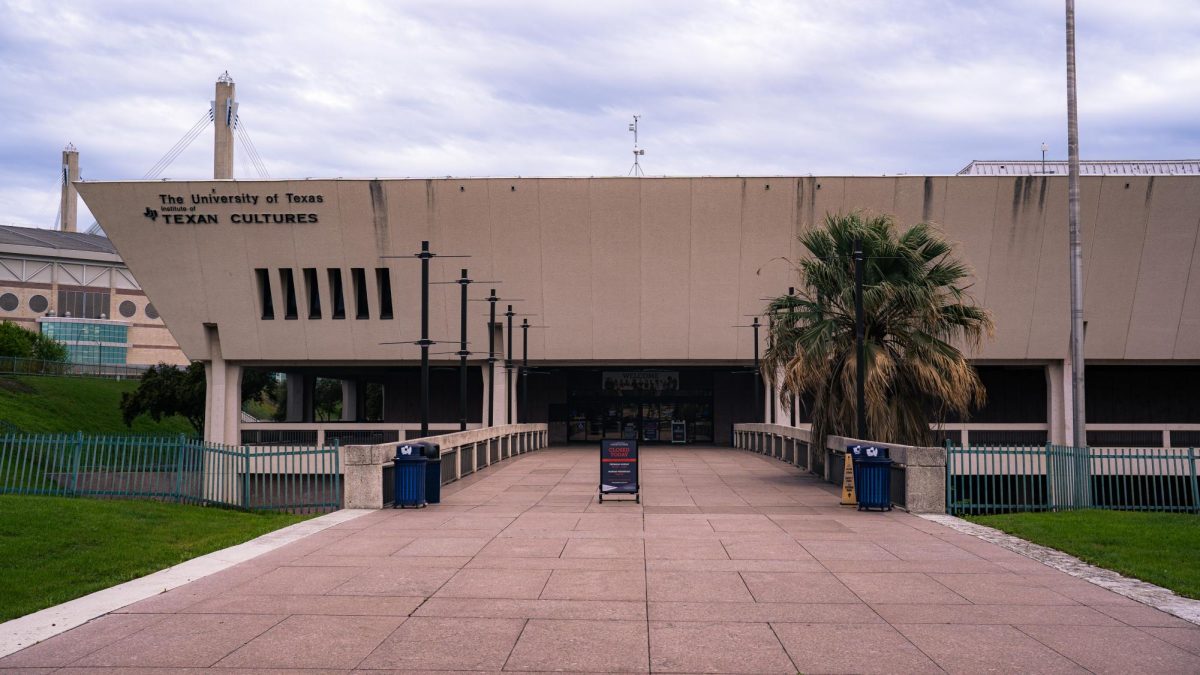In October 2005, UTSA established the Mexico Center to bring together scholars focused on U.S. and Mexico relations and to promote Mexican culture in the U.S. The Mexico Center is located at UTSA’s downtown campus. “It was created because we’re in the perfect location,” Dr. Harriett Romo, director of the Mexico Center said. “San Antonio is the gateway to Mexico, and we needed an institute on campus to promote attention to cross border relations and to encourage collaboration across borders. “It’s a public center on campus. Any presentation is open to the public and all students. We try to involve people from the community.” To encourage students, faculty and community involvement in U.S. and Mexico relations, Romo and the Mexico Center’s project coordinator, Olivia Lopez, organize numerous events and conferences in the Mexico Center. Recent successful events at the Mexico Center include the “Brown Bag Series,” which provided an opportunity for faculty and students to engage in dialogue about U.S. and Mexico border relations; panel discussions held by professors from the U.S., Mexico and Japan to discuss migration and impact on remittances; and a speech by the former Mexican Foreign Minister, Jorge Castaneda, which described his perspective of U.S. and Mexico relations. It is important that “whatever the Mexico Center does, it tries to give a bilateral perspective from the U.S. and Mexico,” Lopez said. “We try to bring things into a global perspective; we want quality presenters with research that can broaden our knowledge of very complex phenomenon in U.S./Mexico relations.”
According to Romo, the center focuses on research, policies and issues related to Mexico. To encourage student and faculty participation in ongoing research in transnational relations, the Mexico Center advisory board awarded scholarships last semester of $1,500 each to four qualified groups of faculty and graduate students. “We got 10-12 applications, very high quality proposals, and from those, the Mexico Center advisory board chose four groups to award scholarships to,” Lopez said. “The scholarships are for groups to use to pay for research and part of travel expenses to Mexico to gather research.” The four winning groups addressed topics such as “The Phenomenon of U.S. Migration to Mexico,” “Mexico Transnational Entrepreneurship in San Antonio,” “Health Assessment of the U.S. Population Living in Mexico and Examination of the Hispanic Health Paradox” and “Crossing the Border to Revitalize Cultural Identity: Examples from Azatlan.” “Our goal is to fund four [scholarships] once again,” Lopez said. “We are going to send out a call for applications again maybe in early October to the deans of colleges and chairs of departments.” In addition to scholarship opportunities, students will also have an opportunity to attend several events this fall. “The Mexico Center is partnering with the Hispanic Student Association at UTSA and the Instituto de Mexico to organize and bring to UTSA a Latin American film festival,” Lopez said. The film festival will feature two Mexican films to coincide with Mexico Independence Month, celebrated in September “Rogelio” and “Bajo California: El Limte del Tiempo” will be shown in the Retama Auditorium at the 1604 campus on Thursday, Sept. 27 from 6:30-8:30 p.m. Both films are free and open to the public.
On Sept. 26, the Mexico Center will host a reception for La Comision de Economia del Congreso de Mexico faculty. The event will “honor those members of the Mexican congress who are looking into commerce and promoting small business development in the U.S.,” Lopez said
On Oct. 5, at the Mexico Center by invitation only, faculty will participate in a dialogue with Lolita Ayala, a Mexican reporter, news anchor and philanthropist interested in helping Mexican migrants in the U.S.
“She will share her experiences of building houses for earthquake victims in Mexico City in 1985, and how she has helped to set up temporary housing for people returned from the U.S. to Mexico with no place to stay,” Lopez said. Romo encourages students to attend seminars.
“I think we’re doing some exciting things,” she said. “They’re informational, but I think they’re fun.











